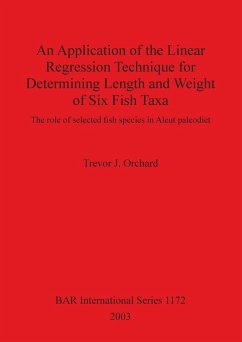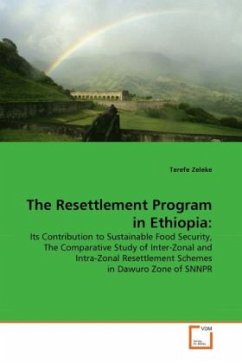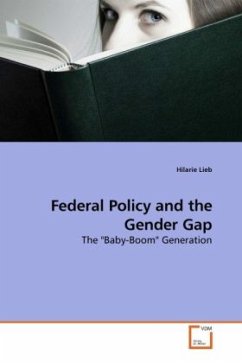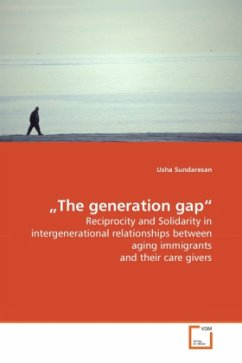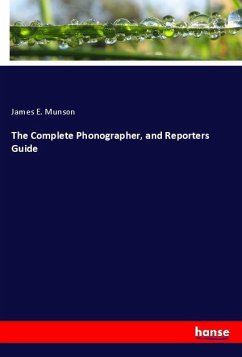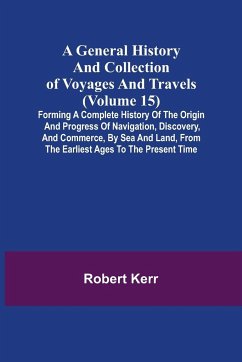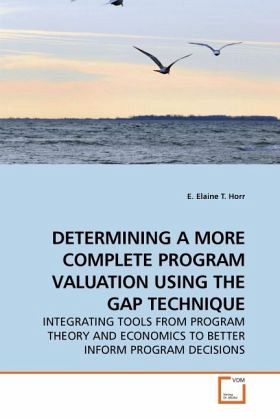
DETERMINING A MORE COMPLETE PROGRAM VALUATION USING THE GAP TECHNIQUE
INTEGRATING TOOLS FROM PROGRAM THEORY AND ECONOMICS TO BETTER INFORM PROGRAM DECISIONS
Versandkostenfrei!
Versandfertig in 6-10 Tagen
52,99 €
inkl. MwSt.

PAYBACK Punkte
26 °P sammeln!
As funding for organizations and agencies continues to become more difficult to obtain, the need to validate the efficacy and value of their programming to various stakeholders in order to justify the program s existence becomes more critical. Administrative decisions regarding the future support of the program are based on the program efficacy. Thus, the program efficacy drives the decisions made on the various aspects of the program, including whether or not to continue supporting the program if the program efficacy is found to be minimal. Once administrative decisions are made as to the sup...
As funding for organizations and agencies continues to become more difficult to obtain, the need to validate the efficacy and value of their programming to various stakeholders in order to justify the program s existence becomes more critical. Administrative decisions regarding the future support of the program are based on the program efficacy. Thus, the program efficacy drives the decisions made on the various aspects of the program, including whether or not to continue supporting the program if the program efficacy is found to be minimal. Once administrative decisions are made as to the support of the program, the cycle continues. The Gap Technique was developed in this study with the intention to better understand and implement program aspects that contribute to and influence decisions made by administrators. The Gap Technique brings together elements of program theory, program evaluation, elements of various economic budget theories, and the determination of program efficacy, bridging the gap between program theory and economic methods. The Shorebirds Sister Schools Program was chosen as the case for use in this study program.



